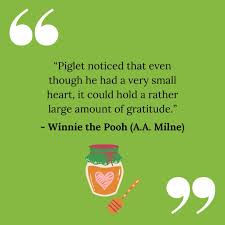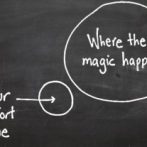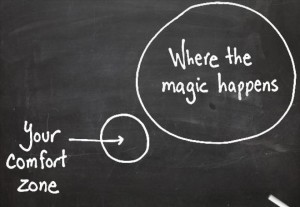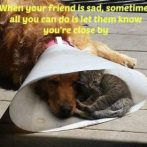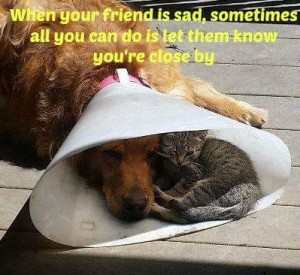A grateful holiday love note
I spent the Thanksgiving holiday on the east coast, and spent one cold, windy day in New York City. While warming up in a crowded coffee shop, a woman at a nearby table asked me to watch her things while she went to pick up her coffee at the counter. I agreed. Once she was gone, the man sitting right next to her commented that, although he was closer, she had entrusted the task to me. Laughing, I said, “well, you do look a little shifty.” He and I chatted for a moment, and when the woman returned with her coffee, I assured her that the shifty guy hadn’t disturbed her things.
A half hour later as the gentleman was leaving, he stopped at my table. He said, “thank you for…” and then trailed off. “My snarky comments?,” I prompted. He said, “No, thank you for being open. People aren’t like that usually.” I told him  that I lived in Memphis now, where people are like that. They make eye contact, wish you a good morning, and are likely to ask during a conversation, “how can I help you?” I’m very grateful that Memphis taught me this.
that I lived in Memphis now, where people are like that. They make eye contact, wish you a good morning, and are likely to ask during a conversation, “how can I help you?” I’m very grateful that Memphis taught me this.
Throughout the week and on Thanksgiving, I was happy and proud to tell my friends and family that Memphis has been so welcoming to me, a transplant of nearly four years. I’ve been fortunate to make wonderful friends and build a thriving business. There is always something interesting going on in the city (usually ten things at once!) and the food and music can’t be beat.
If this doesn’t sound like the Memphis you know, I hope you’ll look a little harder. I’m very proud to call Memphis my home and be among the many people who want the very best for our incredible city.
What has your town taught you? What are you grateful to it for?
Thank you, Memphis!
p.s. Your comments are most welcome on this post at https://www.facebook.com/jenfrankcoaching
Read More


